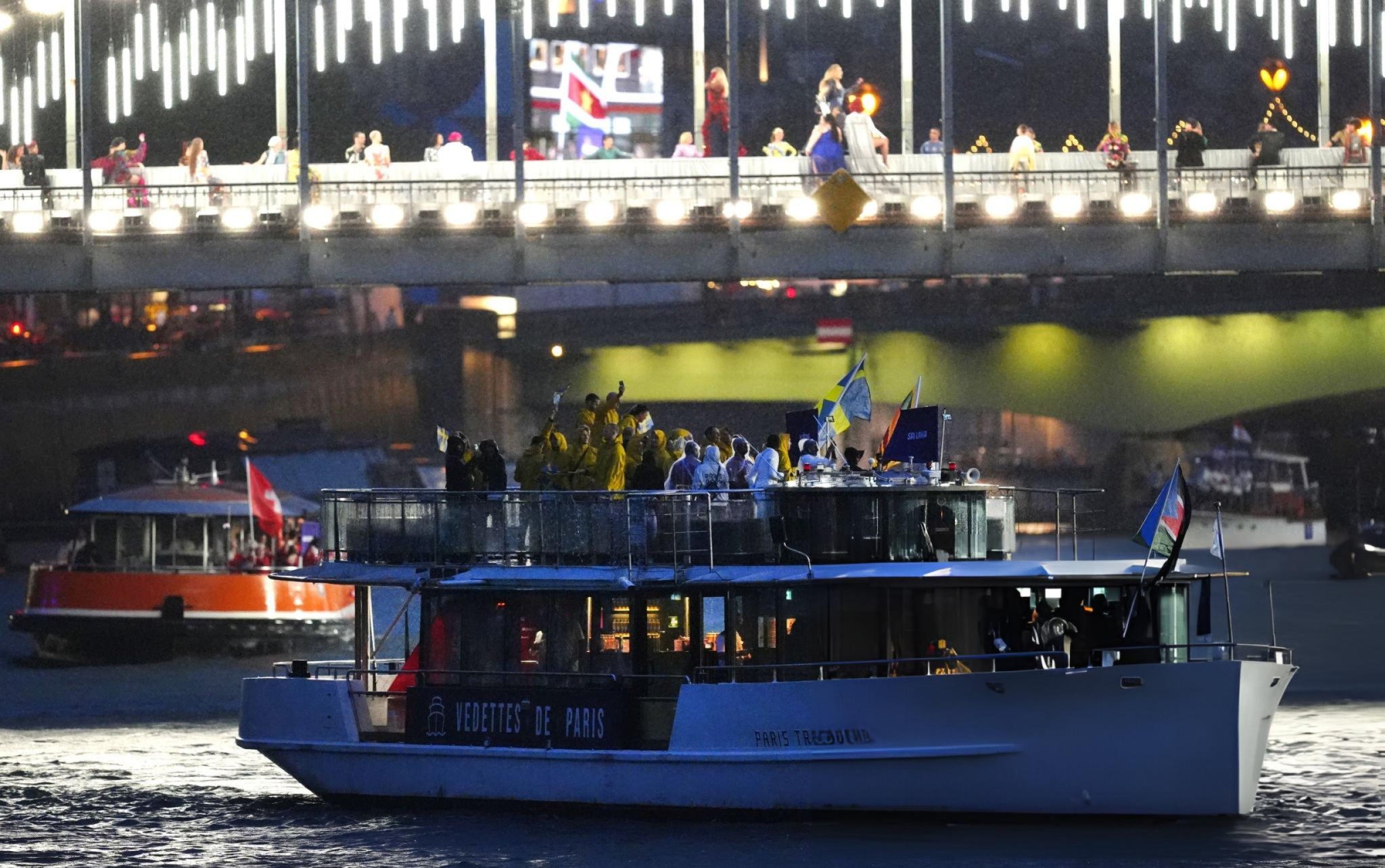Sri Lanka is bracing for a crucial presidential election on September 21, a defining moment for a nation mired in severe economic challenges. This election comes at the peak time of political and economic instability, thus being one of the most important events in recent Sri Lankan history. Acting President Ranil Wickremesinghe becomes the first candidate to register for the election. The move to early registration underlines his resolve to obtain a mandate from the electorate to strengthen his position at the helm in the wake of the country’s economic crisis. Wickremesinghe now seeks a full term in office at a time when Sri Lanka is going through one of its worst economic crises, surged by inflation, a debt burden that is crippling, and widespread shortages of essential goods.
Wickremesinghe’s presidency has been marked by attempts to handle these acute economic problems. Since coming into office, he has focused on implementing reforms to stabilize the economy and restore international confidence. These measures have, however, received mixed reactions from the public and analysts on their effectiveness. The opposition still argues that though his administration has been doing something to structurally address these problems, the speed of recovery has been slow and the impact is not adequately trickling down into tangible improvements in everyday life. The economic situation is going to wield a firm influence on the election campaign.
Voters will support those candidates who present credible plans for economic recovery and relief. Inflation, unemployment, and cost of living will be the main issues coming to the fore of this campaign process, whereby the candidates will have to show concrete solutions. His political career simply marks Wickremesinghe as a man of experience and a fighting spirit. He held many erstwhile prestigious positions in Sri Lankan politics, among them several stints as Prime Minister before he assumed the presidency. All that experience and familiarity with the country’s political scene might turn out to be what he needs in this contest. His acting presidency has been heavily criticized for mishandling the economic crisis, which could dent his prospects in the election.
The political opposition and large civil groups are likely to raise their voices in the run-up to the election. They would target making Wickremesinghe and his administration accountable for the economic conditions that have already been the source of public discontent. The opposition candidates will have to come up with credible alternatives to Wickremesinghe’s policies, geared toward economic problems and issues of governance and corruption at large. The process at the polls would be monitored by domestic and international observers. A free and fair election is vital, not only to regain public confidence in the political system but to bring about a peaceful transfer of power should that situation arise. The international community would be much interested in this election because of Sri Lanka’s strategic location in the Indian Ocean and its significance in regional geopolitics.
The outcome of this election is to determine a great deal about Sri Lanka’s future. On one hand, if Wickremesinghe wins, it would mean the continuation of his economic policies and structural reform agenda that may provide hope to finally stabilize the economy. On the other hand, a new leader would provide some impetus or possibility of new ideas on how to stem the crisis, but at a time when it is already entangled in a plethora of challenges. Voter mobilization and participation would therefore be the clear-cut determinants of an election. Results will truly be the people’s choice only if there is high voter turnout.
It will then be upon the voters to make wise decisions based on the platforms of the candidates, their programs of action against the economic crisis, and their previous performance in governance. In a nutshell, on September 21, Sri Lanka’s presidential election will take place, at a very important moment in time, when this nation is trying to pass through acute economic crisis turbulence. The fact that President Ranil Wickremesinghe became the first to register his candidature underlines his commitment to solving the country’s problems, but this election will put to the test his mobilizing power of mass support amid surging discontentment. The verdict is going to set the course of Sri Lanka and hence its future path toward economic recovery and political stability.







